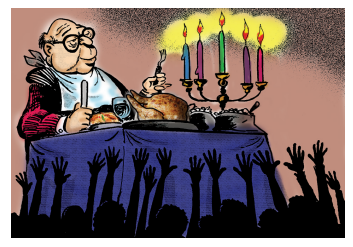Chapter: 11th Political Science : Chapter 5 : Democracy
Elitist Theory of Democracy
Elitist Theory of Democracy
The role of the elites in a democracy is an
unavoidable force. Elites of Leaders rule, control key resources and enforce
major decision for centuries. In an industrial, agrarian society the ownership
of property and control over production were the important factors. Elites from
the agrarian and industrial sectors emerge as feudal landlords and owners of
industry. They later take a political role to govern the state.

Three important theorists Vilfredo Pareto
(1848-1923), Gaetano Mosca (1857-1941) and Robert Michels
(1876-1936) are the leading thinkers of elitist democracy. Pareto classified
the elites into governing and non-governing elite from the masses. The
governing elite are the power elites who are the ruling classes. They derive
power from the variety of sources such as education, social status,
bureaucratic position, political connections, and wealth.
Pareto described the Elite qualities in two
psychological types (a) Foxes – who rule the masses by cunningness and
manipulate their consent, (b) Lions – who achieve power through domination,
coercion and violence. Elitism developed as a critique of egalitarian idea such
as democracy and socialism.
Robert Michels had an
alternative view about the democracy that even though the organization
tend to be democratic but the small group of dominant figures who can organize
and make decision rather than having deliberation with rank and file of the
organization and called it as ‘iron law of oligarchy’.
Joseph Alois Schumpeter (1883-1950)
proposed the concept of democratic elitism. Schumpeter defined that
democracy was a good political method to arrive at political, legislative and
administrative decisions by placing in certain individuals in power to decide
on all matters of the masses as a representative means and the result of
successful pursuit of people’s vote. Democracy paves way for competitive pursuit
means among the elites to achieve their legitimacy and power.
The Elitist theory partly accepts the Marxian view
of democracy that large corporations dominate in production and distribution of
goods, however it does not agree with Marxian class analysis. The democratic
Elitism theory engages with the groups and individuals to meet their endsand
facilitates with their disagreements so as to meet the ends of the both.
Related Topics